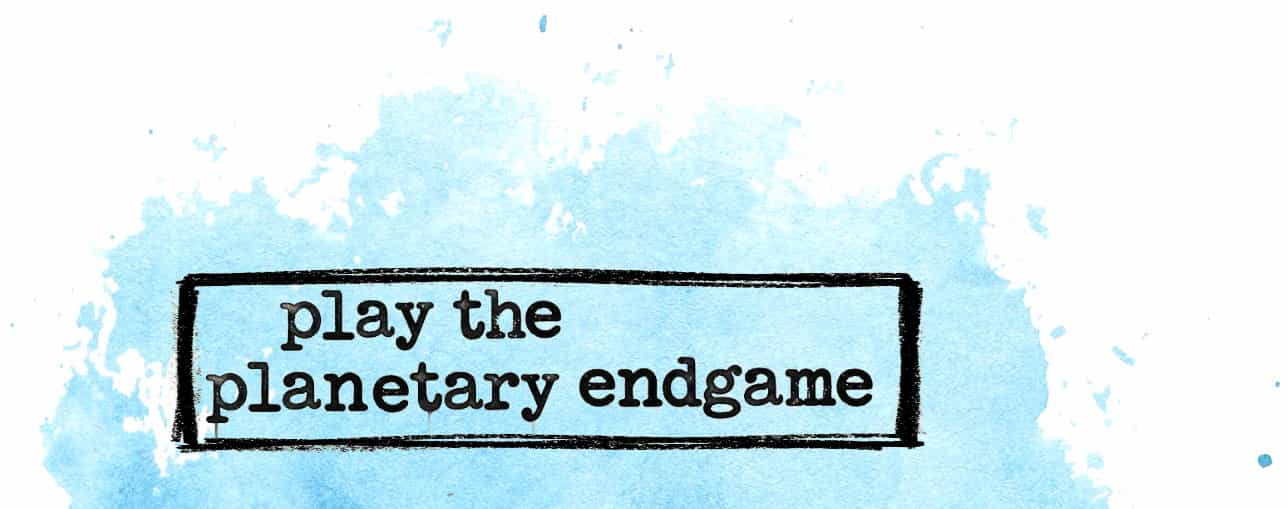The Whole World Changes

We were standing in the street, half-way home from the day job and momentarily distracted by a good-looking parking cop, when it happened. It happened. And everything in our life – jobs, relationships, pastimes – was instantly suspended. It felt as if something beneath us was shifting in a fundamental way.
Yet the feeling was oddly familiar, too. It was the same feeling we’d had after running into the babbling hobo in the park, the refugee with the photo album. The horror was similar, followed by empathy: sorrow, hurt, fear. There was a profound sense of injustice that seemed to demand a response somehow deeper, broader, stronger than ever before.
We scrambled to make some sense of it all. How were the people around us reacting? Surely they had seen what we had seen. Had they experienced the same flash of insight? We felt we should speak out, raise the alarm. To fail to condemn this injustice with all of our passion seemed tantamount to surrendering to it, to allowing it to be accepted as a customary part of life.
We imagined, however, that such a primal reaction would put us in the same category as street-corner preachers and incomprehensible protesters. This prompted us to pause. Maybe there was more to this. How, exactly, had this remarkable event come to pass?
Returning home, we began to consult trusted sources – family members, thoughtful friends, our old sociology professor. A favorite newspaper columnist had some wise words that touched on the subject. But what we had experienced was personal; no one could offer a completely adequate explanation. In fact, our investigations quickly complicated matters. It seemed as though the possible factors worth considering stretched across the world, arced back through history and reached deep into countless people’s minds. There was even a vague intimation that we ourselves could have been responsible in some way for the developments leading up to what had taken place today.
Our thoughts became divided. The difficult process of understanding was weakening our resolve to rise to the challenge of the moment; at the same time, it seemed immoral to act on a fading sense of certainty. We still had a long way to go to fully understand all the dimensions of this problem at its roots. But how long could we stand around and analyze and re-analyze? We felt as though we’d been walking around in a dreamworld, and that the shock today had shaken us awake. We could see, now, that we were living in the middle of a crisis. Self-doubt seemed like a form of surrender. Even if it meant acting with limited knowledge, we had to do something. Shadows were even now spreading across the streets.
From this point on, fear of the imagined future would be the foundation of our actions. We would have to trust ourselves. We quickly reviewed the facts and opinions we had been putting together. Ideas that fell too far outside our norms were dismissed; the potential consequences were too extreme to imagine. The most honorable plan seemed to be to find a middle ground consistent with our past opinions and actions – it was these, presumably, that had led us to our insight in the first place. Abandoning the pattern of beliefs that had guided us through life to this point would be self-sabotage.
We prioritized. We promptly put aside those lingering questions that could take days or even years to fully explore. We threw out ideas that we knew would isolate us in our community, or that might get us fired. We simply ignored any insights that required more consideration or baffled our sense of rationality; the most compelling ideas were those for which there were well-known, pre-existing arguments and easily understood rationales. Internal cohesion and commitment were vital.
Even as we moved towards a sense of certainty, however, we felt simultaneously anxious about the time it was taking and distraught about the haste with which we were cutting off our internal debate. At the same time, other issues – the need to get winter tires on the car, and to feed the crying baby – began to press in on us. Irritability began to outweigh earnestness. We had to figure this thing out.
Finally, we settled on a reaction – or at least a preliminary position. We had a case that we could argue and defend in the coffee room or a letter-tothe-editor; we had a starting point for personal change, maybe a little more volunteer work.
At exactly this instant, without confessing it aloud, we remembered the astounding openness of our initial reaction, its almost infinite sense of possibility, and saw how quickly we had spiralled into impotence and murk.
The whole world had changed. And we had returned to life as usual.
Join the Third Force Collective to access our revolutionary briefings.
This isn't a paywall. You can close it if you just want to read the article below it. But our aim is to win the planetary endgame — we want to catalyze a moment of truth, a stunning reversal of perspective from which corpo-consumerist forces never fully recover. For that we need you.






